│By Chloe Hooper , Gale Ambassador at the University of Glasgow│
Within every new cohort of students hurtling towards graduation, there will be many pondering the dreaded question: after university, what’s next? Chances are, if you’re reading this, you don’t have an answer to that question yet yourself. Career advice has long been a feature of the modern university experience, outlining the ways your degree can help you build a career. But Gale Primary Sources can help, too! Using The Times Digital Archive, undergraduates and postgraduates have access to decades of career advice geared towards finding the right job for each student. While the articles I examine below date from late the 1990s to the 2000s, many of the challenges facing graduates have stayed the same and much of the advice on overcoming them has stood the test of time.
One of the problems facing most students is that they don’t know how to discover what jobs are out there, particularly within the areas in which they’re interested or experienced. As a student, I had been using archives and archival services for years, but it never occurred to me that I could make a career out of it – or that it’s not just researchers driving digitisation projects, there are many other roles involved too, all of which are potential career pathways. It was actually reading through archives like The Times Digital Archive that helped me see this as a viable career option, and I am now studying Information Management and Preservation.


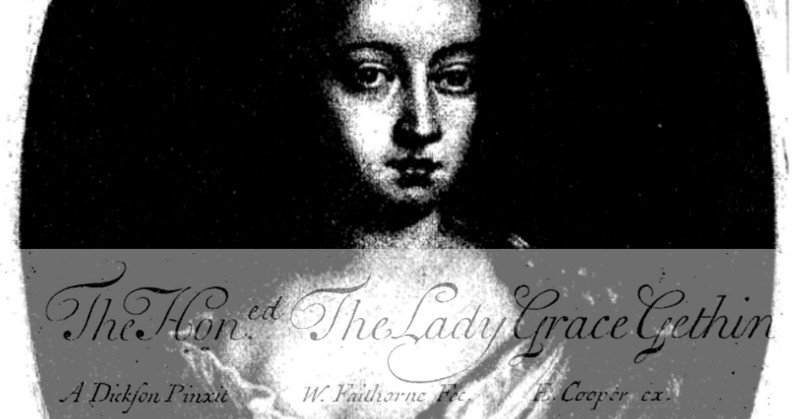

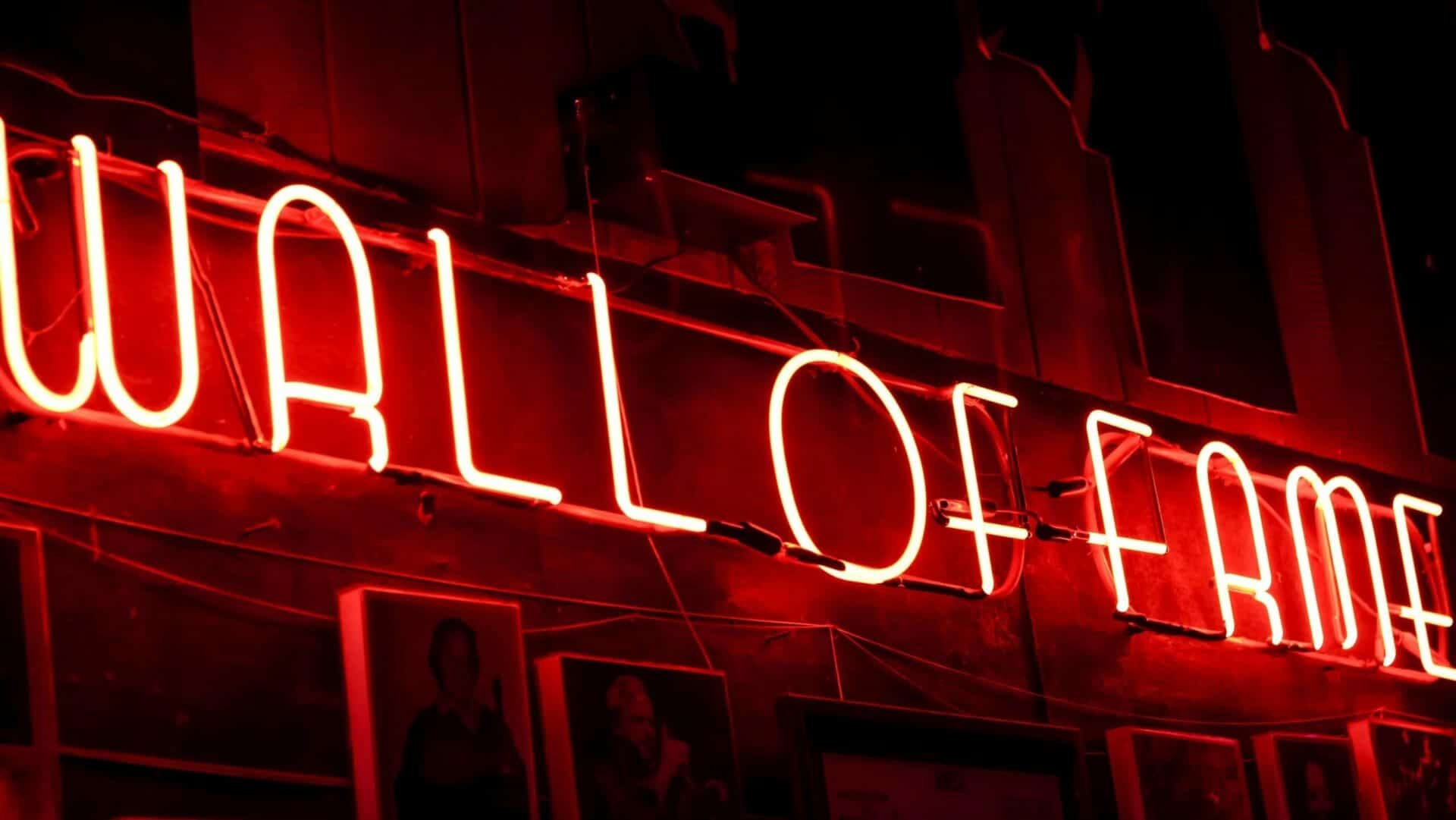
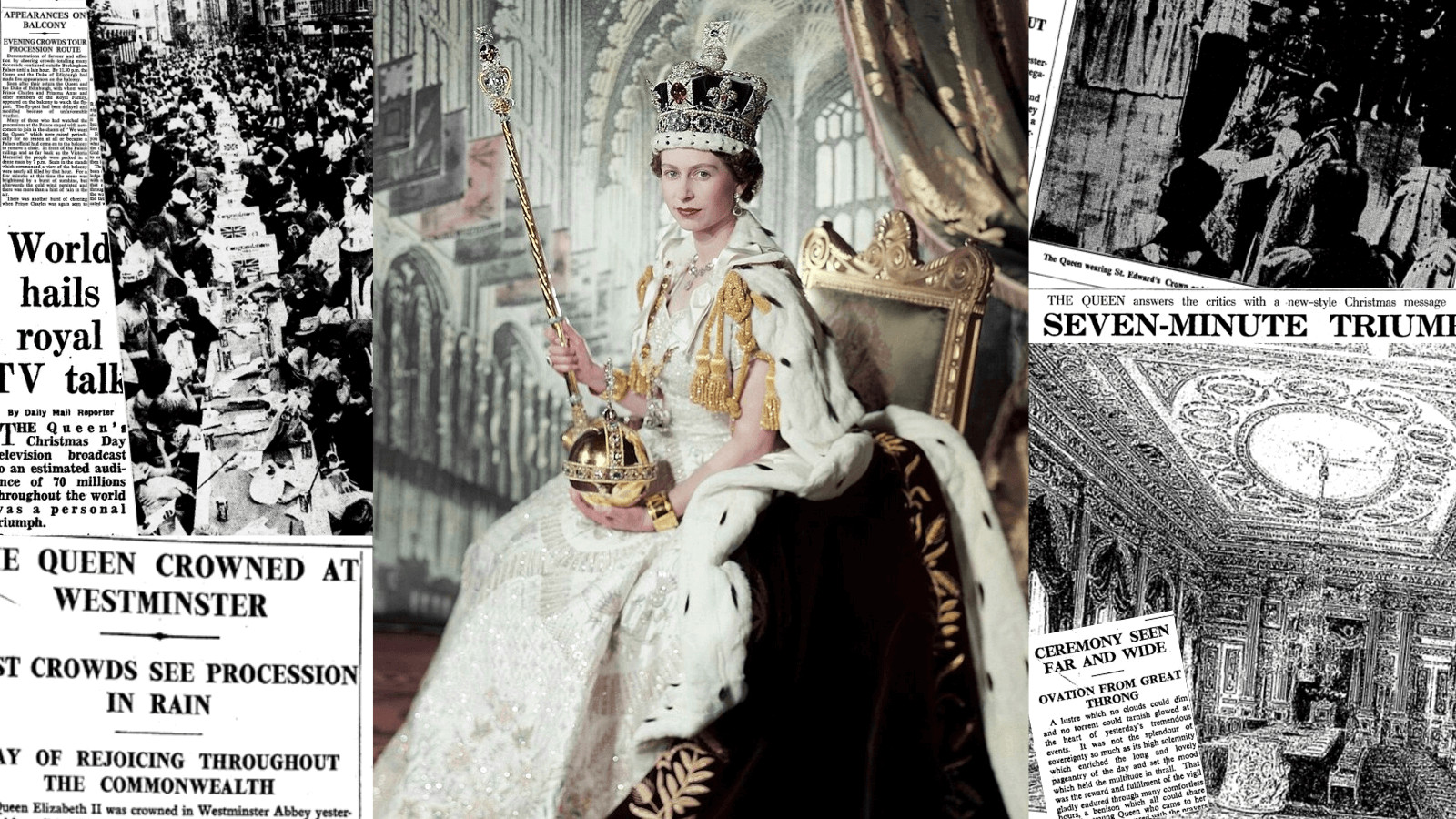
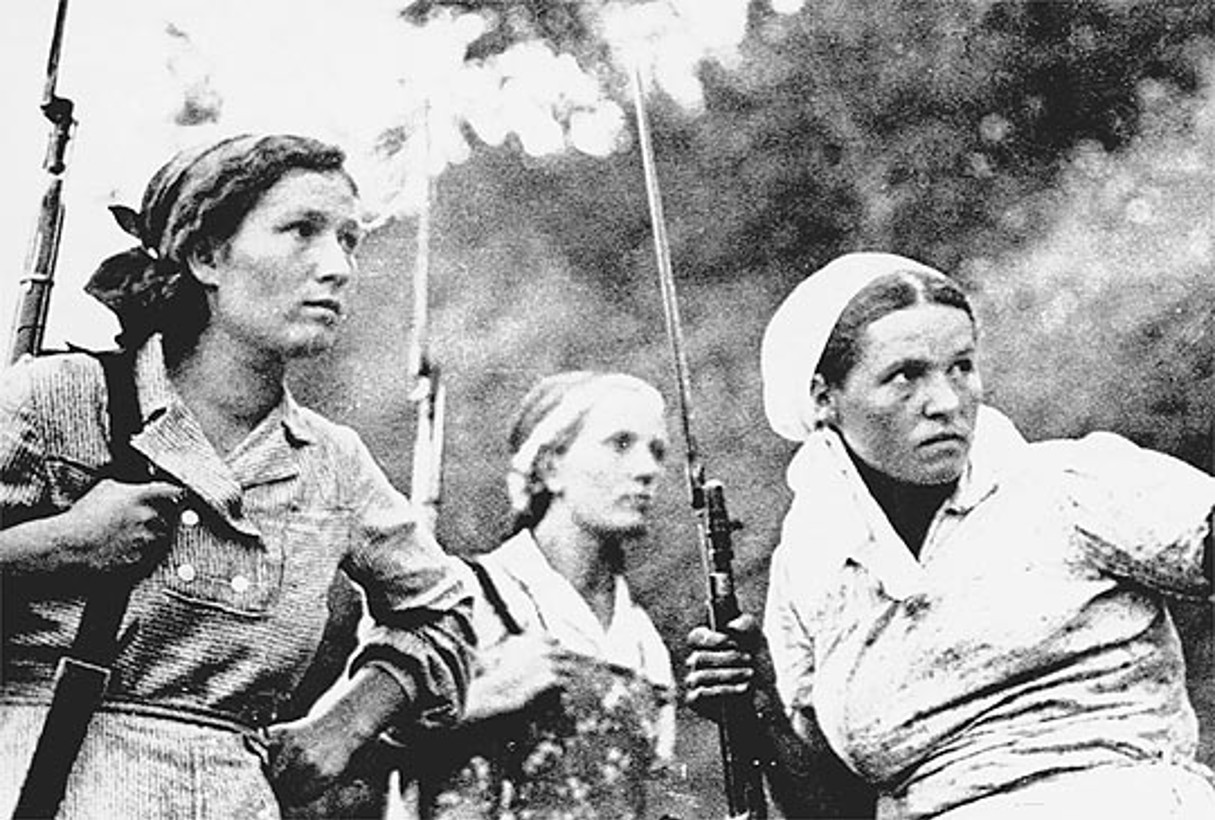
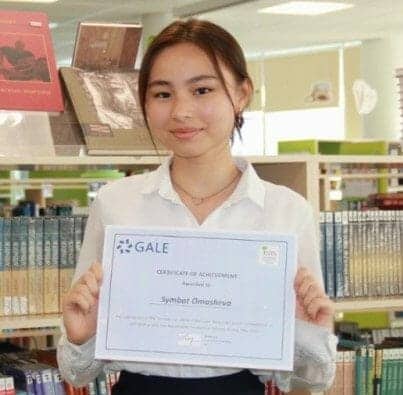 In Spring 2022, Gale ran a competition with Nazarbayev Intellectual Schools, Kazakhstan, which gave students at schools within the group the chance to research and write about a topic of interest – with the two top entries published on The Gale Review! Below is the runner up entry, a superb piece by Year 11 student Symbat Omasheva.
In Spring 2022, Gale ran a competition with Nazarbayev Intellectual Schools, Kazakhstan, which gave students at schools within the group the chance to research and write about a topic of interest – with the two top entries published on The Gale Review! Below is the runner up entry, a superb piece by Year 11 student Symbat Omasheva.
 The schools within the Nazarbayev Intellectual Schools group have access to the
The schools within the Nazarbayev Intellectual Schools group have access to the 